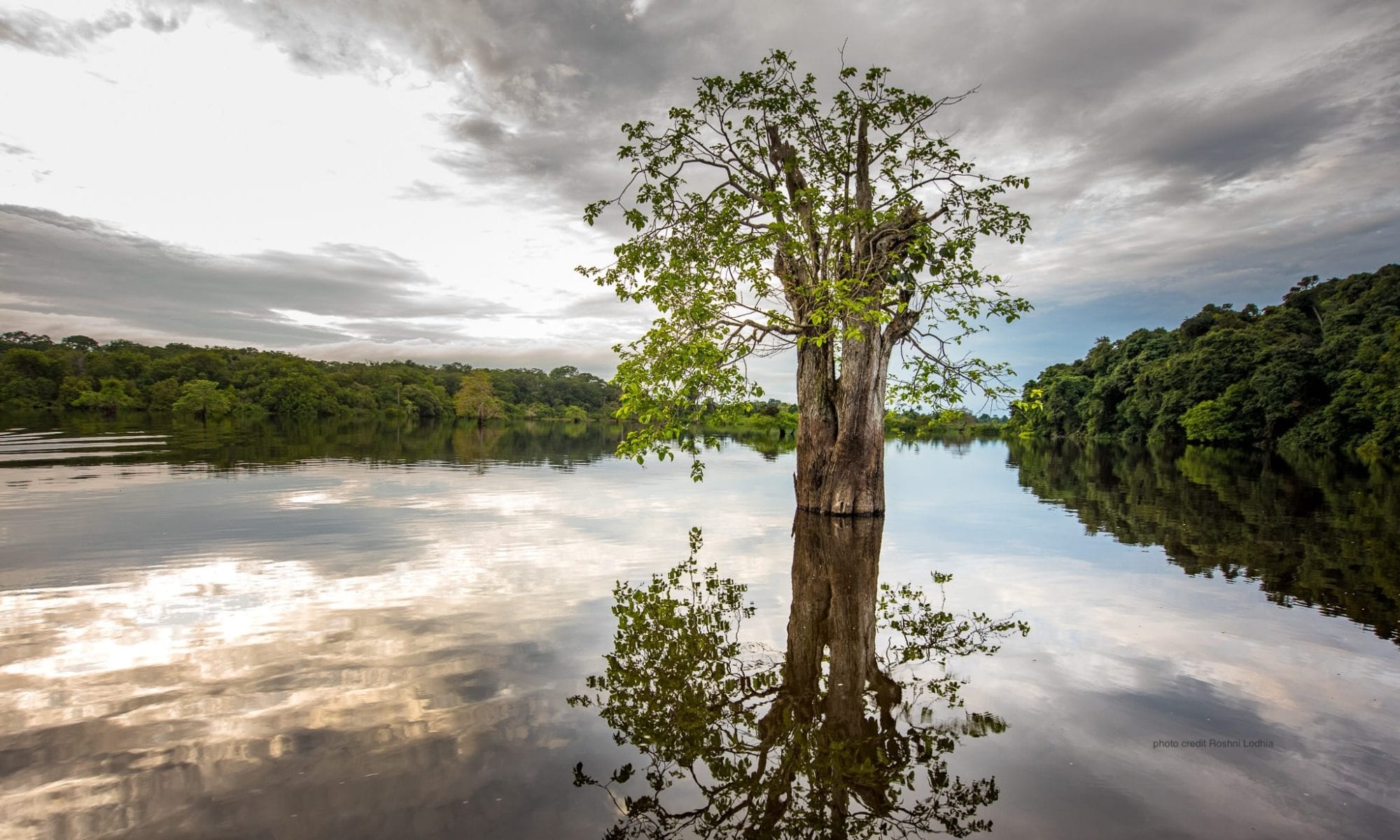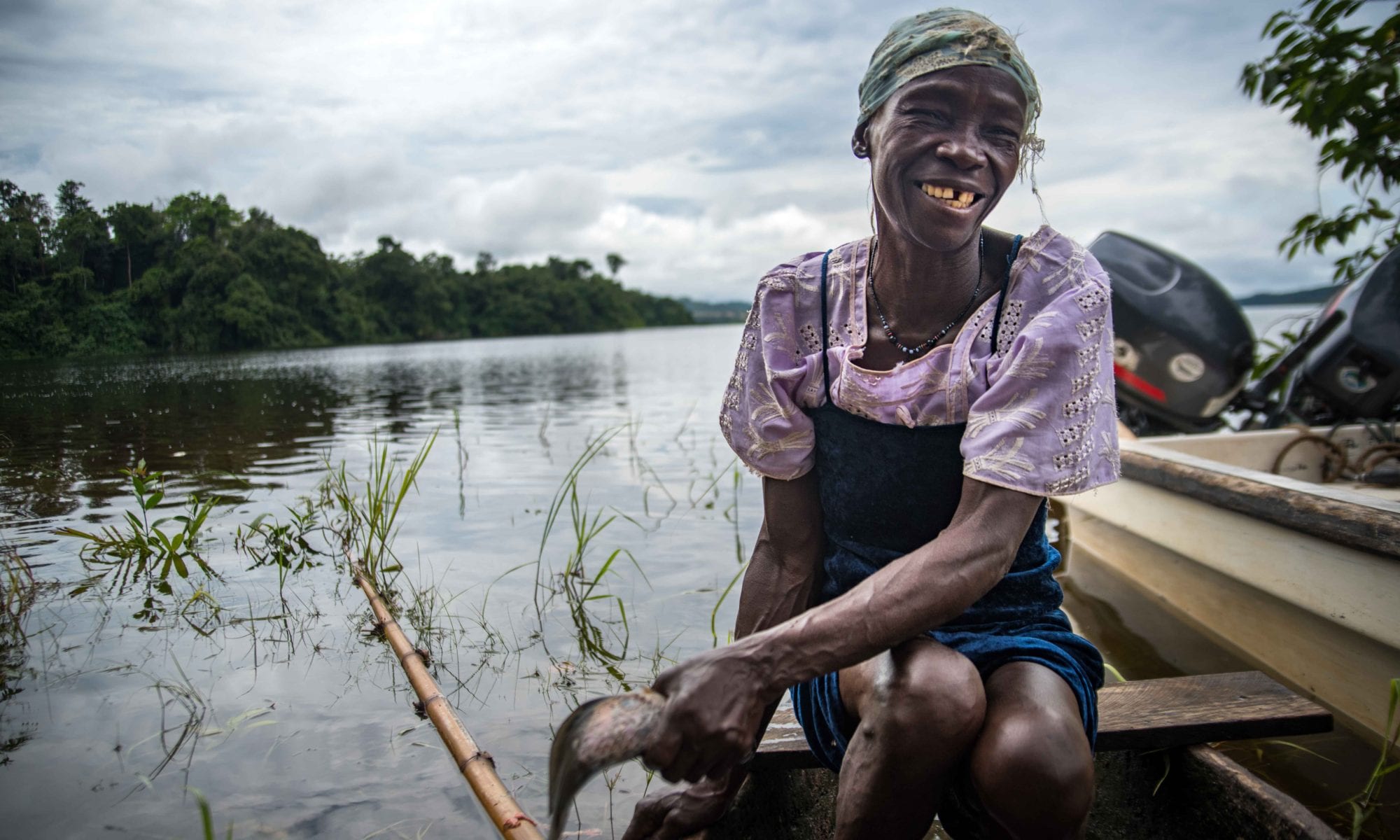Soon after launching operations at Tsam Tsam, we began leading focus group discussions in the villages and camps of Lake Oguemoué to identify local environmental priorities and to ask how OELO could benefit local residents. A top priority was identified: a better management of lake fisheries for future generations. Local fishers had observed changes over the years in the quality and quantity of lake fisheries. For many years, local fishers had unsuccessfully tried to coordinate and agree on best fishing practices on the lake, but local politics, logistical constraints, family disagreements, and other barriers prevented them from successfully organizing. In 2012, OELO began hosting village meetings and lake-wide general assemblies to create a sustainable fishing program. We developed the fishing agreement, “Our Lake, Our Future” with fishers’ suggestions, signed in 2013 by over 50 fishers on the lake.

In 2014, OELO gained the financial and technical support of The Nature Conservancy (TNC) to further develop the program, to organize fishers to better manage the resource and respect sustainable practices, to begin collecting fisheries data and monitoring catch with a participatory study, and to draft a fisheries management plan in collaboration with government and scientific partners.
In 2017, we legalized the first sustainable freshwater fisheries cooperative, Amven, with 24 fishers from Oguemoué and led a net exchange with TNC to eliminate illegal monofilament nets and encourage their efforts to organize. In 2018, after many years of focus groups, general assemblies, and workshops we legalized the first continental fisheries management plan in Gabon: a joint effort of Coop Amven, the DGPA (fisheries department in Gabon), the National Park Service, TNC, OELO and Oguemoué fishers. With OELO’s assistance, Amven gained support from the national government and used their award to lead a second net exchange, ensuring all fishers on the lake now have the proper gear to respect the new management plan.

By 2020, the initiative had inspired the organization of Oguemoué fishers into two additional sustainable fishing coops: Efoulatchi and women fishers’ coop Ewügha-Angome. Between the three Oguemoué coops, there are 54 total members leading best practices and organizing outreach with other fishers in the region. All three coops are also developing with OELO’s support other livelihood activities to sustainably manage resources, improve their resiliency, and decrease fishing pressure on the lake in the off-season, including earning income from ecotourism at Tsam Tsam.



